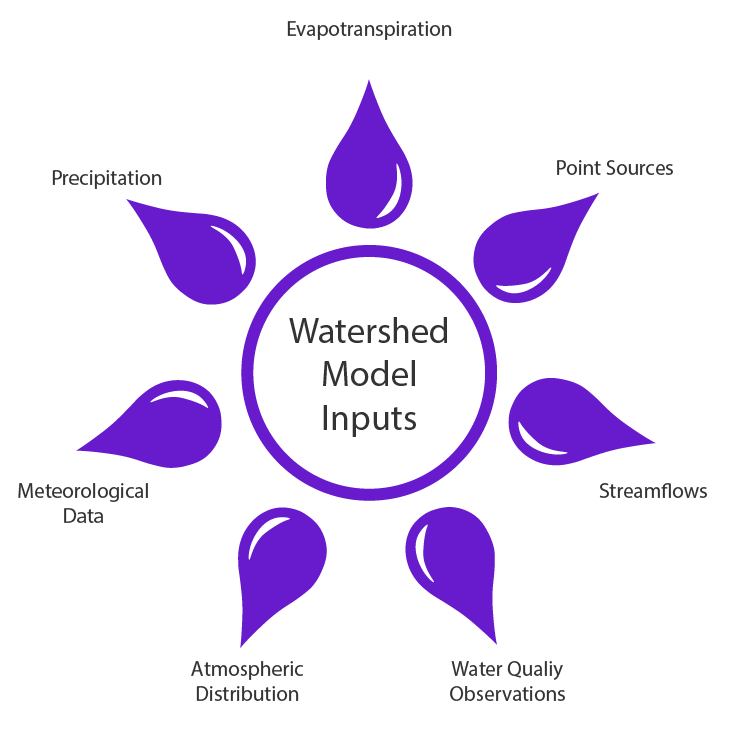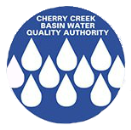Watershed Model
Highlights:
During 2023, watershed modeling scenarios were developed that included assumptions such as land-use and precipitation patterns, changes in wastewater flows, and types of stormwater quality control measures implemented during development and redevelopment. These assumptions were then input into the model to simulate water quality responses from the watershed for some scenarios that could occur through the year 2030. In 2024, several of the watershed scenarios were linked to the Reservoir model to estimate Reservoir responses to these scenarios.
RESPEC developed the watershed model for CCBWQA to:
- Provide detailed information on hydrologic, sediment and nutrient loading as inputs to the Cherry Creek Reservoir and as boundary conditions for the Reservoir model;
- Represent and quantify loadings from multiple land uses, pollutant sources, along with impacts of water quality controls, and instream processes that affect the pollutant loadings to the Reservoir
In addition to the hydrology and water quality, the HSPF model simulation incorporates segmentation and characteristics of the Cherry Creek Watershed. Watershed segmentation is based on spatial characteristics of the watershed which include:
- Topography
- Drainage Patterns
- Land Uses and Distribution
- Meteorological Variability
- Soils Conditions
The Model Report describes the details of the watershed model development efforts, including model setup procedures and assumptions, available data to support the model, calibration and validation time periods, constituents to be simulated, model scales and resolution, model performance targets, and a discussion of the results.
Useful Links

Model Inputs

